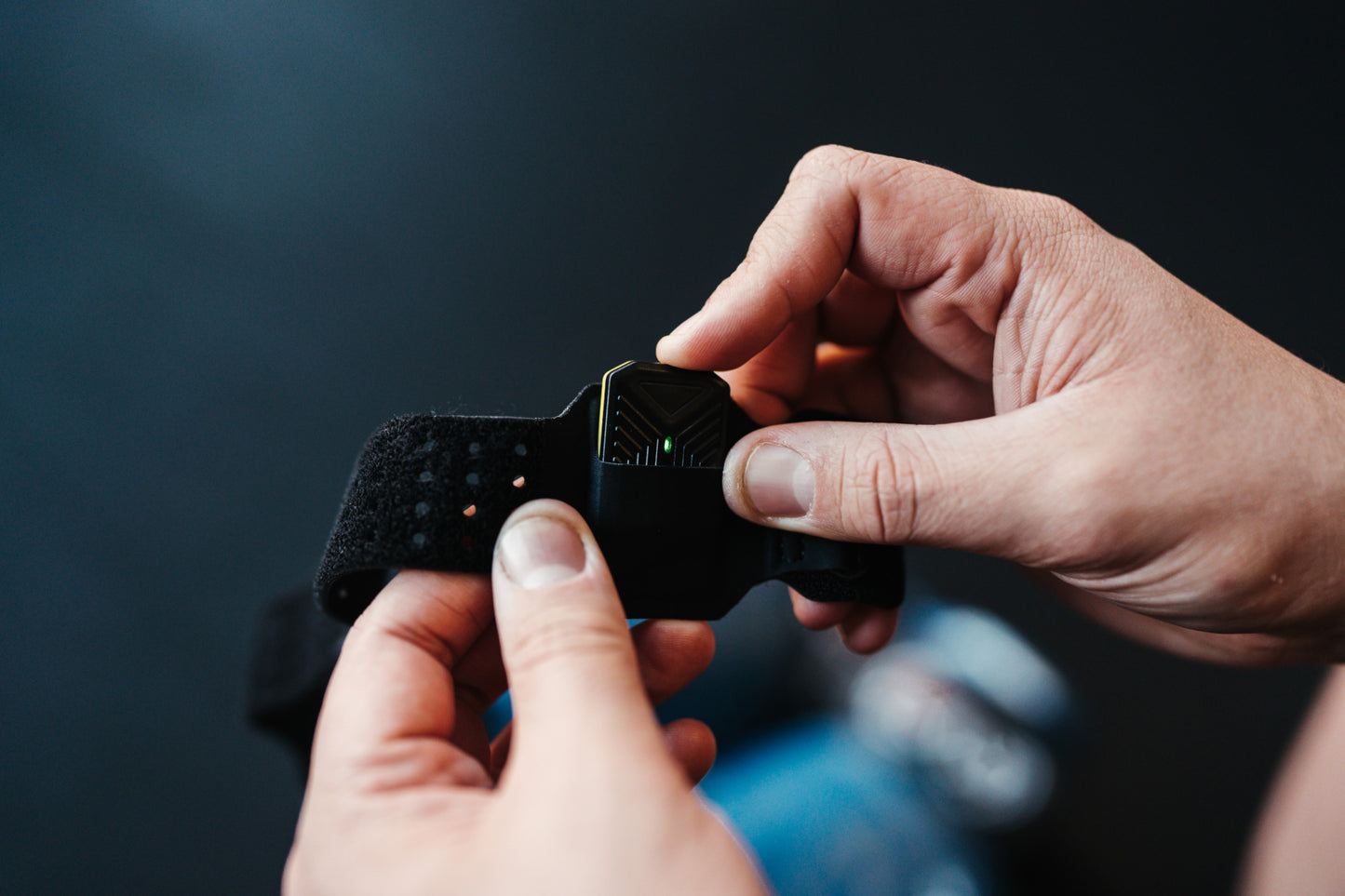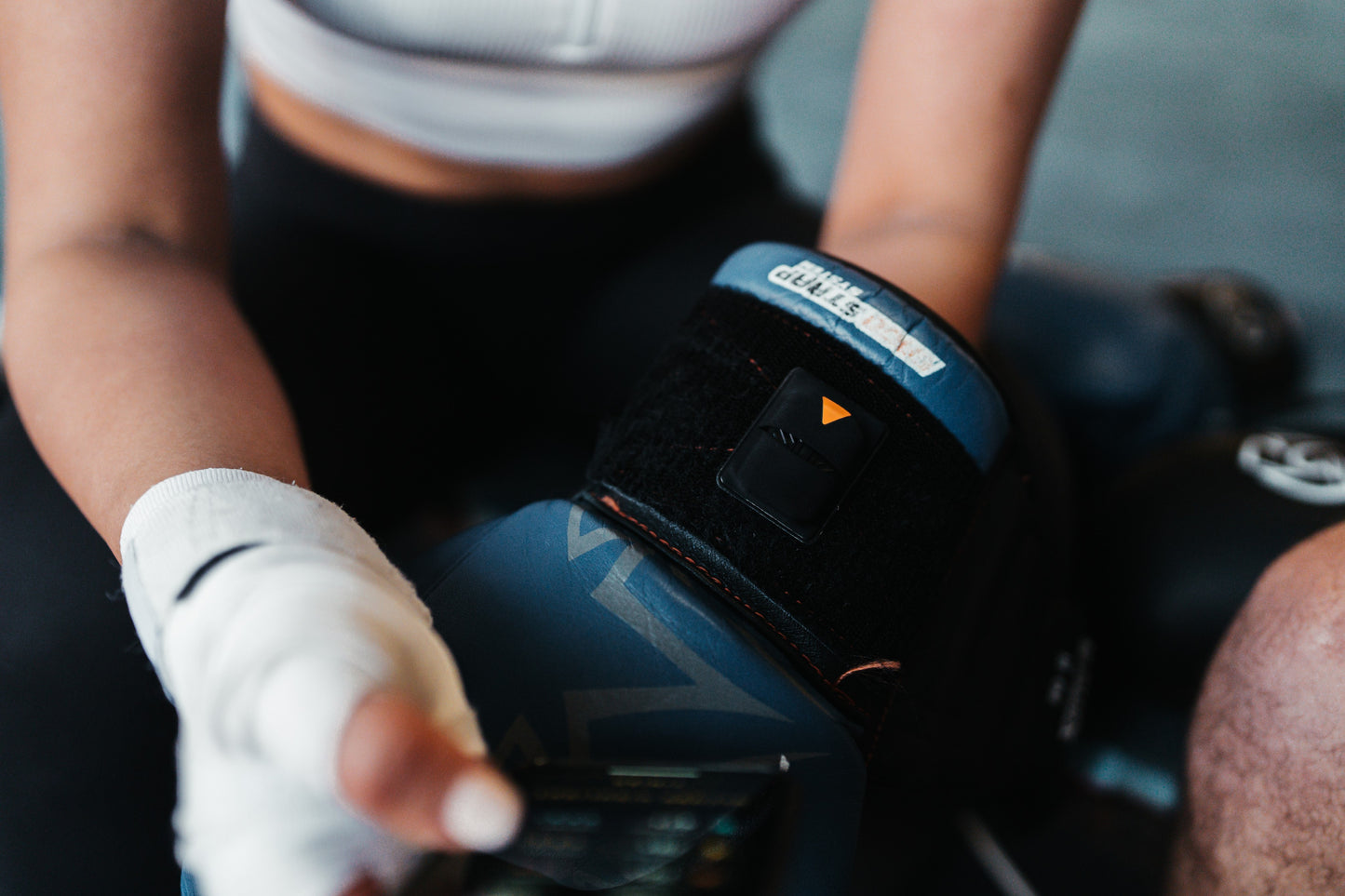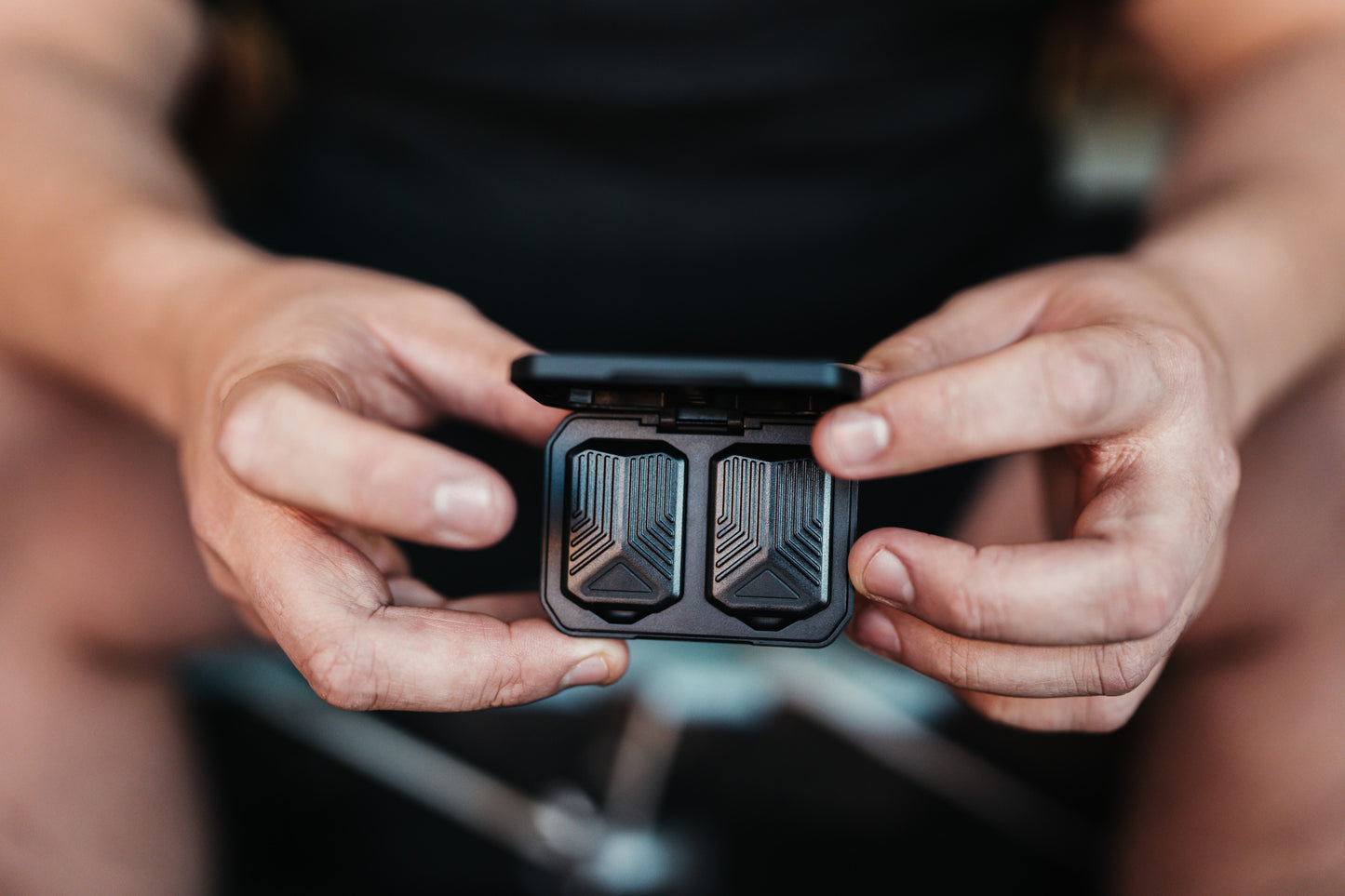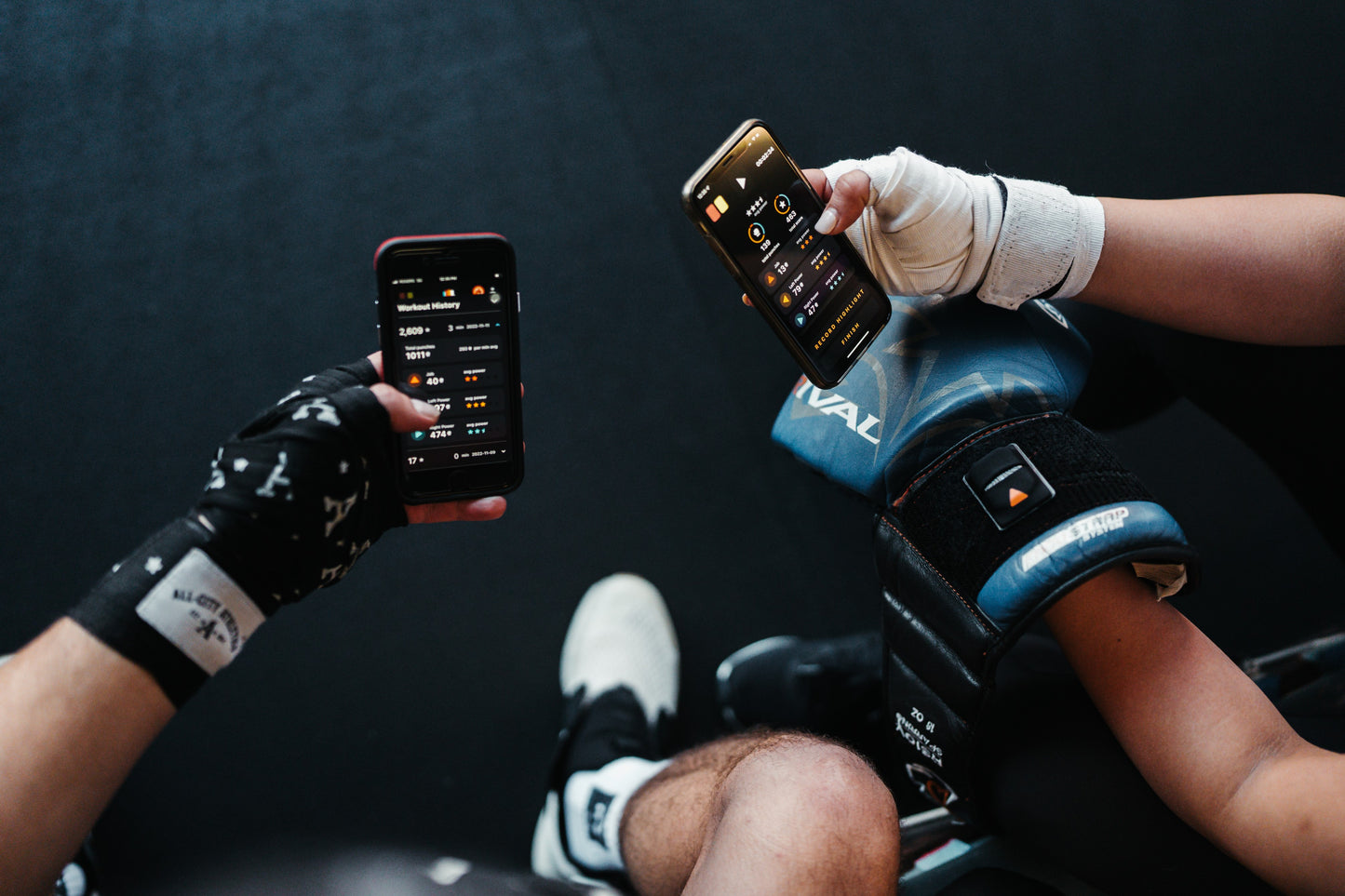Sugar Ray Leonard, one of the "Fabulous Four" who popularized the lower weight classes in boxing, is a name synonymous with speed, skill, and charisma. His success in the ring was not just due to natural talent, but also an outcome of his intense and strategic training regimen. In this article, we uncover the workout secrets and training regimen of Sugar Ray Leonard, offering enthusiasts a blueprint to understand the making of a boxing legend.
See below for some of his most legendary knockouts and bouts.
1. Discipline and Mental Fortitude
Leonard's training transcended physical boundaries, starting with a strong mental foundation. He believed in the power of discipline and mental strength, often visualizing his fights, strategies, and victories, which was a cornerstone in his training philosophy.
For those inspired to adopt a disciplined approach like Sugar Ray, tools such as POWA Punch Sensors can assist you in visualizing and tracking your training journey.
2. Rigorous Cardiovascular Workouts
- Running: Leonard's routine involved 5-mile runs, incorporating sprints to improve his explosive power and endurance, mimicking the burst of energy required during high-intensity rounds.
- Jump Rope: An integral part of his training, jump rope sessions enhanced Leonard's footwork, stamina, and coordination, translating into his renowned in-ring agility.

3. Technical Drills and Sparring
- Sparring: Engaging in numerous rounds of sparring helped Leonard refine his technique, improve timing, and simulate real fight scenarios. This aspect of his training was crucial for strategy formulation and execution.
- Bag Work: His regimen included extensive heavy bag and speed bag sessions, focusing on punch strength, speed, hand-eye coordination, and reflexes.

4. Strength Training and Calisthenics
- Circuit Training: Leonard engaged in circuit training that combined strength exercises with aerobic activity, providing a comprehensive workout to build muscle endurance and cardiovascular health.
- Calisthenics: Routine calisthenics, including sit-ups, pull-ups, and push-ups, were fundamental in enhancing his core strength and muscular endurance, vital for his dynamic boxing style.

5. Strategic Nutrition
Understanding the importance of fueling the body, Leonard followed a high-protein, nutrient-rich diet. Prioritizing hydration, carbohydrates for energy, and lean proteins for recovery was key to sustaining his intense training sessions and ensuring optimal performance.
This commitment to nutrition and health is one that has extended far beyond his fighting. Sugar Ray and his wife, Bernadette established The Sugar Ray Leonard Foundation in 2009. An organization committed to funding research and care for pediatric type 1 & 2 diabetes and creating awareness for both diseases. They also strive to help children live healthier lives through diet and exercise (click here to find out more).
6. Recovery and Rest
Leonard emphasized the importance of recovery, incorporating rest days into his training regimen. Quality sleep, relaxation, and muscle recovery practices, including massages and ice baths, were essential in preventing injuries and maintaining peak physical condition.
Conclusion
Sugar Ray Leonard's training regimen was a combination of physical prowess, mental strength, and strategic planning. His holistic approach to training — emphasizing mental fortitude, technical skill, nutrition, and recovery — is a testament to his legendary status in the boxing world. While his exact routine might be intense for the average person, incorporating elements of Leonard's dedication, strategic fitness planning, and recovery focus can significantly benefit personal health and fitness journeys.
For all those daring, below is a sample POWA Boxing Workout inspired by the legendary Sugar Ray Leonard. Follow us on Instagram @powaboxing and let us know how you did.
| Sugar Ray Inspired Workout Routine | |||
|---|---|---|---|
| Stage | Activity | Duration/Reps | Notes |
| 1. Warm-Up | Jump Rope | 10 minutes | Vary styles: single-leg jumps, double unders, running in place |
| 2. Cardiovascular and Agility Training | Running | 30 minutes | Include intervals of sprinting and jogging |
| 3. Strength and Calisthenics Circuit | 3 sets | ||
| Push-Ups | 15-20 reps | Focus on form | |
| Sit-Ups | 25-30 reps | Engage your core | |
| Pull-Ups or Chin-Ups | 10-15 reps | Assisted if necessary | |
| Squats | 20-25 reps | Bodyweight or added resistance | |
| Plank | Hold for 1 minute | Keep body in a straight line | |
| 4. Boxing Drills | |||
| Shadow Boxing | 3 rounds of 3 minutes | Focus on footwork and technique | |
| Heavy Bag | 3 rounds of 3 minutes | Work on combinations and power | |
| Speed Bag | 3 rounds of 3 minutes | Focus on rhythm and coordination | |
| 5. Cool Down and Stretching | Light Cardio | 5-10 minutes | Walking or slow jogging |
| Stretching | 20-30 seconds per stretch | Full-body routine | |
| 6. Recovery | Hydration/Nutrition | As needed | Water during/after workout, protein source afterward |
| Recovery Techniques | Optional | Foam rolling, massages, ice baths |
















